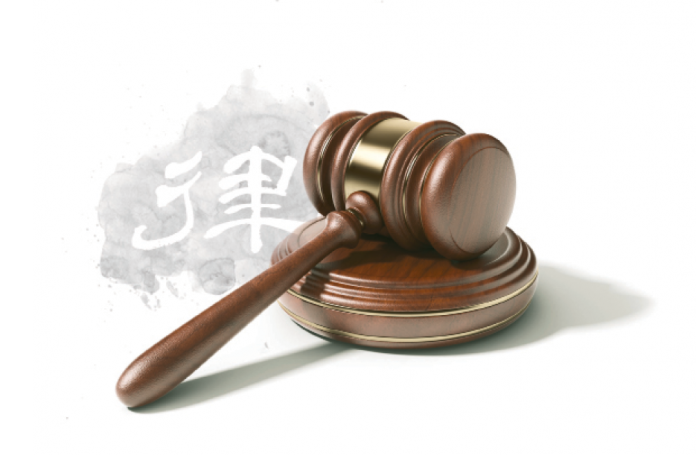THE CONCEPT of force majeure is familiar to commercial lawyers. Although it is often treated as a standard or “boilerplate” clause that appears in commercial contracts and does not require any attention or negotiation, it is important to be aware of how the concept operates and the different ways in which it is treated under the laws of different jurisdictions. This article examines the concept of force majeure and how it operates under the laws of common law jurisdictions and Chinese law.
THE CONCEPT OF FORCE MAJEURE
The term force majeure as used in English is actually a French term that means “superior force” or “superior strength”. It is not certain how the term came to be used in English, but it is likely that it was inserted in English commercial contracts by parties who were familiar with the term as it was used in the French Napoleonic Code. Accordingly, it is an interesting example of how a concept that was originally embodied in the laws of a civil law jurisdiction was adopted for use in contracts governed by English law.
As it is generally understood, the concept refers to an unforeseen event that is outside the control of the parties to a contract and prevents or delays the performance of obligations by one or more of the parties. A useful definition of force majeure – one that combines elements of the concept in both common law jurisdictions and civil law jurisdictions – appears in article 7.1.7 of the UNIDROIT Principles of International Commercial Contracts:
ARTICLE 7.1.7
(Force majeure)
- Non-performance by a party is excused if that party proves that the non-performance was due to an impediment beyond its control and that it could not reasonably be expected to have taken the impediment into account at the time of the conclusion of the contract or to have avoided or overcome it or its consequences.
- When the impediment is only temporary, the excuse shall have effect for such period as is reasonable having regard to the effect of the impediment on the performance of the contract.
- The party who fails to perform must give notice to the other party of the impediment and its effect on its ability to perform. If the notice is not received by the other party within a reasonable time after the party who fails to perform knew or ought to have known of the impediment, it is liable for damages resulting from such non-receipt.
- Nothing in this Article prevents a party from exercising a right to terminate the contract or to withhold performance or request interest on money due.
Two questions are of fundamental importance in understanding how the concept works: (1) what is the definition of force majeure; and (2) what are the legal consequences of force majeure? The discussion below examines these two questions from the perspective of the laws of common law jurisdictions and Chinese law.
You must be a
subscribersubscribersubscribersubscriber
to read this content, please
subscribesubscribesubscribesubscribe
today.
For group subscribers, please click here to access.
Interested in group subscription? Please contact us.
你需要登录去解锁本文内容。欢迎注册账号。如果想阅读月刊所有文章,欢迎成为我们的订阅会员成为我们的订阅会员。

Andrew Godwin
A former partner of Linklaters Shanghai, Andrew Godwin teaches law at Melbourne Law School in Australia, where he is an associate director of its Asian Law Centre. Andrew’s new book is a compilation of China Business Law Journal’s popular Lexicon series, entitled China Lexicon: Defining and translating legal terms. The book is published by Vantage Asia and available at beta2.law.asia.




























